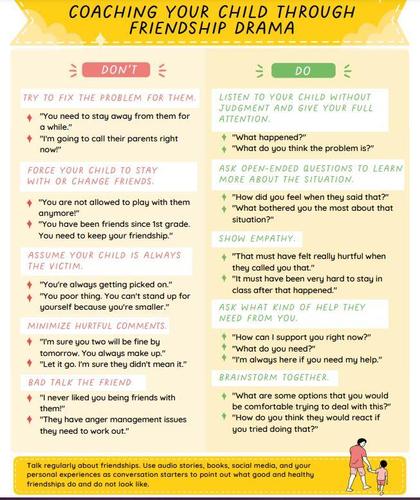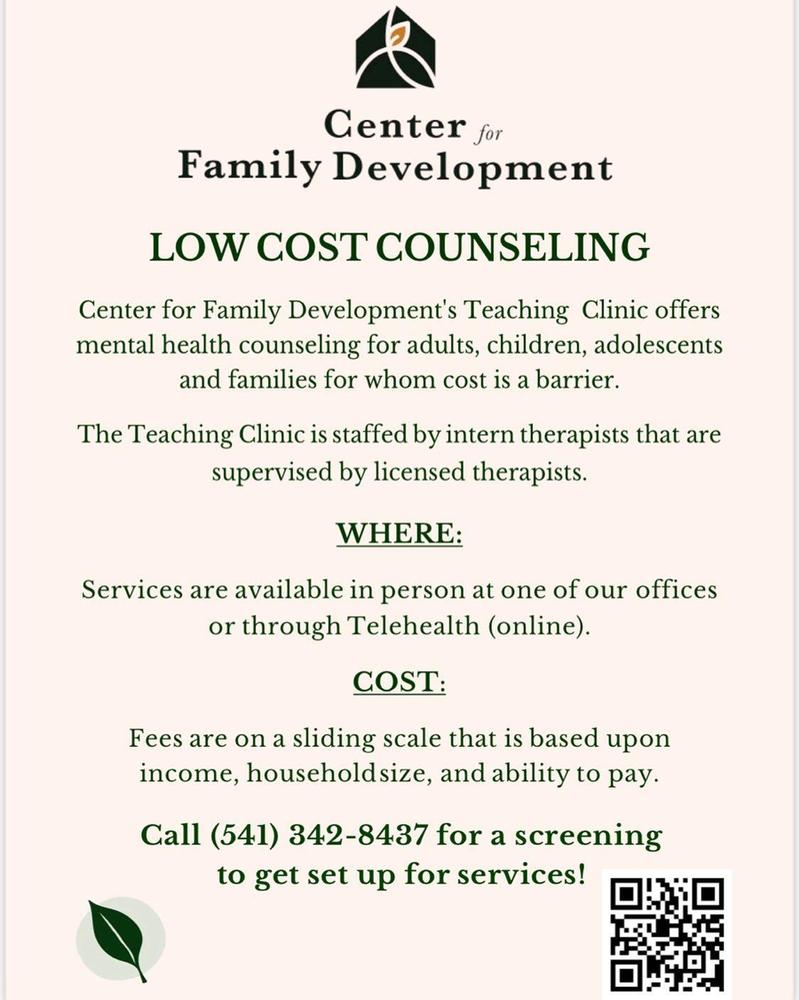Summer Kindness Challenge 2022
Looking for ways to encourage and perform acts of kindness? Here is a flier with ways students can choose to be kind all summer long WITH the family! Enjoy!








Do you have a child who tends to explode when they are angry or frustrated? Do the smallest change in plans set them off? Do you dread transitions because they might trigger a full-blown meltdown?
There are three steps to help your child with explosive behavior:
1. Identify the pattern
2. Identify the lagging skills
3. Have a conversation
Click here to read the full article:
